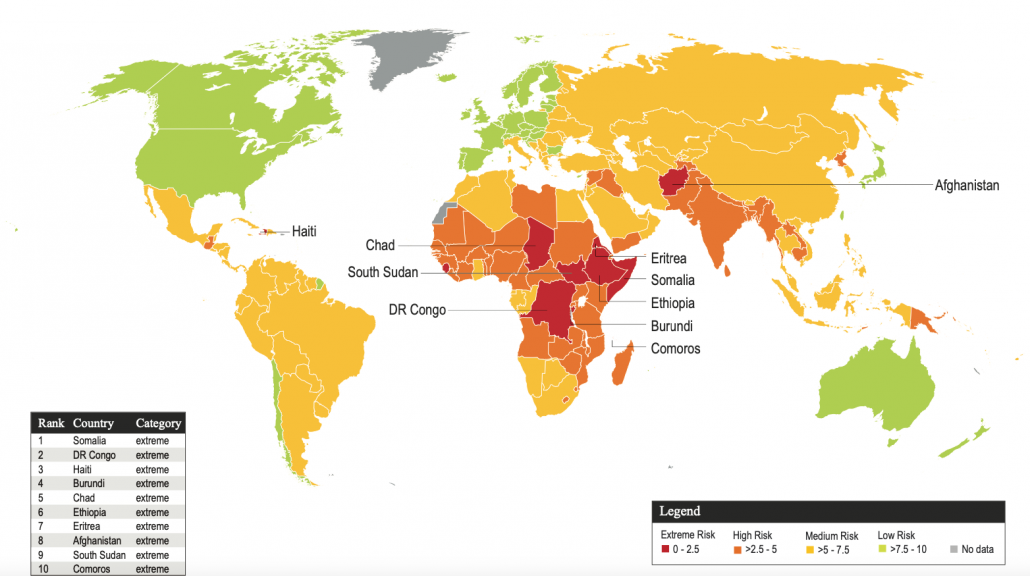
You should aim to exercise at 80% of your maximum heart rate in order to burn fat. How can you determine if your fat-burning heartbeat is reaching its maximum? You will find some great tips and tricks here to help you reach this goal. You must first check your heartbeat before you begin running or exercising. Here are some tips to help you test your heart and burn fat.
80% of your maximum heart rate
Between 70 and 80% of your maximum rate of heartbeat is the ideal zone to lose fat. Your body will use this speed to fuel itself. Be aware that your fitness level is not the only thing you need to be doing. You should keep your workouts in the fat-burning zone at least 30 minutes to get the best results. You can also use a talk test to determine your exercise intensity. Exercise intensity is high if you cannot speak a complete sentence with no interruptions.

Your maximum heart beat is the sum of your age and 220. If you are 40, your maximum heart rate is 180 beats per minute. Multiply your maximum heartbeat by 50, your age by two20 to determine your fat burning heart rate zone. These two numbers should be multiplied by 80. This will give you the best results in the shortest time. You should aim to train in the 70-80% range of your maximum heart rate.
80% of the fat-burning rate
Your heart rate can be used to help you lose weight and burn calories. There is no single heart rate that works for everyone. The ideal heart rate range to burn fat is between 60.2%-60.8% of your maximum heart beat. Here's how your heart rate should change at different times. These guidelines will help you get fat-burning success.
Exercise at 70 to 80% your fat-burning heart rate in order to lose fat. This is known as "fat-burning zones". You'll burn more fat and maintain a healthy weight if you exercise in this range. Your heart's rate will be higher during vigorous exercise, but you shouldn't work out as hard as you would if you were at the top of your fat-burning zone.
Your heart rate can be measured
A heart rate monitor can provide real-time data and is compatible to mobile devices. You can use it to gauge your heart rate at the midpoint of a workout. It can also be used to establish your target heart beat, which is the most efficient way to lose fat. It's easy enough to identify whether your exercise routine falls within the fat-burning zones. It can also help you lose weight because a higher heart beat indicates a faster metabolism.

Several factors affect your heart rate. Your age is the most important factor. A good heart rate for a 35-year-old is 165 beats per minute. Your heart rate can go up or down based on factors like the air temperature. It is possible that you are taking medications that may affect your heartbeat. Low ambient temperatures are best for your workouts. In addition to this, your heart rate should be within 115 to 130 beats per minute if you want to burn fat.
FAQ
What is the best time to do Intermittent fasting in order to lose weight
It is not as easy as you think. A number of factors need to be considered when determining how many days of fasting are needed for optimal fat loss. These include:
-
Your age. You may find intermittent fasting too difficult if you're younger (under 40) because you have less time between fasts. However, intermittent fasting may be too difficult for older people (over 60) who might not have the energy to continue a long period of daily fasting.
-
Your current body composition. You'll be most successful if you have lots of muscle mass. You may find shorter fasting more beneficial if your muscle mass is low.
-
How physically active you are. To ensure adequate rest between workouts, you might need to extend your fasting period if you exercise frequently.
-
Your medical history. Additional fasting monitoring may be required for certain medical conditions such as diabetes or heart disease.
-
What is your tolerance for stress? Stressful situations often cause us to eat more. You may need to extend your fasting times in order to avoid this problem.
-
Your diet. Certain diets, like ketogenic diets, may require even longer fasting periods.
-
The quality of your sleep. Lack of sleep has also been linked to increased appetite and decreased metabolism. You may need to experiment before you discover what works for you.
-
How much protein you eat. Protein helps stabilize blood sugar levels, which means that eating more protein could potentially lead to lower insulin levels. This will allow you to fast longer.
-
Individuals who are trying lose or gain weight will require longer fasting times than those who are trying.
-
What percentage of calories do you consume during your fasting window? You may lose more weight if you eat fewer calories each day than if you eat more.
-
Your overall fitness level. Fasters who are very fit tend to have higher metabolic rates, which allows them to burn more calories throughout the day.
-
Your gender. Men have greater appetites than women and may need to fast longer. Women tend to have smaller appetites so they might only need to fast for 20-30 minutes each morning.
-
Your lifestyle. Do you exercise a lot? Do you exercise multiple times a week or do you just go to the gym? Does your job involve sitting at a desk all day long? These things could impact the speed at which you should go.
-
What amount do you spend on food each month? Healthy eating doesn't mean you have to spend a lot on groceries. You can save money by buying whole grains instead of white bread, fruits instead of candy bars, and lean meats instead of fatty cuts.
-
It is vital that you control your hunger. You might not have to fast as much if your hunger isn't a problem.
How often do people fast every day?
The majority of people who follow the ketogenic diet fast only once a week. But, some people fast twice per week. Others fast three-times per week.
There is a variation in the length of fasts. Some people fast for 24 hours, whereas others fast for 48 hours.
Some people go on for more than 72 hours. But, such extreme cases are rare.
Can I eat fruit while on intermittent fasting
Fruits are good for you. They are full of vitamins, minerals as well as fiber, antioxidants and other nutrients. But, they can also contain sugar that can spike blood glucose levels. This can lead to insulin resistance and weight gain. You can lose weight by following an IF diet. Make sure to eat low glycemic fruits like apples, pears and berries.
How can busy people lose weight?
It is best to eat less and exercise more to lose weight.
You'll gain weight if you eat too many calories. You will gain weight if exercise isn't enough. Combining these two simple habits will help you lose weight.
Why lose weight when you are 40 years old?
For people over 40, maintaining good health and fitness are essential. It is also crucial to find ways to keep fit throughout life. This includes regular exercise, eating right, not smoking, moderate alcohol, and regular exercise.
It is also important that you understand that as we age, our bodies undergo changes. Our bones weaken and our muscles shrink. It is possible to slow down the process of aging by taking good care of ourselves.
There are many benefits to staying healthy and fit as we age. These include:
-
Better sleep
-
Improved moods
-
Enhanced energy levels
-
Lower chance of developing cancer
-
A longer life
-
More independence
-
Better sex
-
Greater memory
-
Better concentration
-
Improved circulation
-
Stronger immune system
-
There are fewer aches and pains
Statistics
- A 12-week study in 20 women with obesity found that walking for 50–70 minutes 3 times per week reduced body fat and waist circumference by an average of 1.5% and 1.1 inches (2.8 cm), respectively (healthline.com)
- Among women, the increase in metabolic rate was nearly 4%, or 50 more calories per day (14Trusted Source (healthline.com)
- It's estimated that half of all American adults attempt to lose weight every year (1Trusted (healthline.com)
- According to Harvard Health, it's estimated that a 155-pound (70-kg) person burns around 167 calories per 30 minutes of walking at a moderate pace of 4 mph (6.4 km/h) (5). (healthline.com)
External Links
How To
How to do Intermittent Fasting (IF)
Intermittent fasting is a dieting method where you normally eat one day per week, usually Monday through Friday. The idea behind this is to reduce your overall calorie intake while still getting adequate nutrition. This is believed to help you burn more fat than if your meals were regular throughout the week.
The most common form of IF involves restricting calories only on certain days of the week. This would be a way to skip breakfast and eat whatever you want throughout the day. You could also choose three small meals instead of two large meals per day.
There are many types of intermittent fasting. Each type of intermittent fasting has its pros and cons. Because you don't need to make major lifestyle changes, alternate day fasting can be the easiest way to get started. Some people may find it difficult to adhere to such a strict schedule, so they might try other methods.
If you want to try intermittent fasting, I suggest starting with alternate-day fasting. This will allow you gradually to transition into more extreme fasting habits without changing your lifestyle.